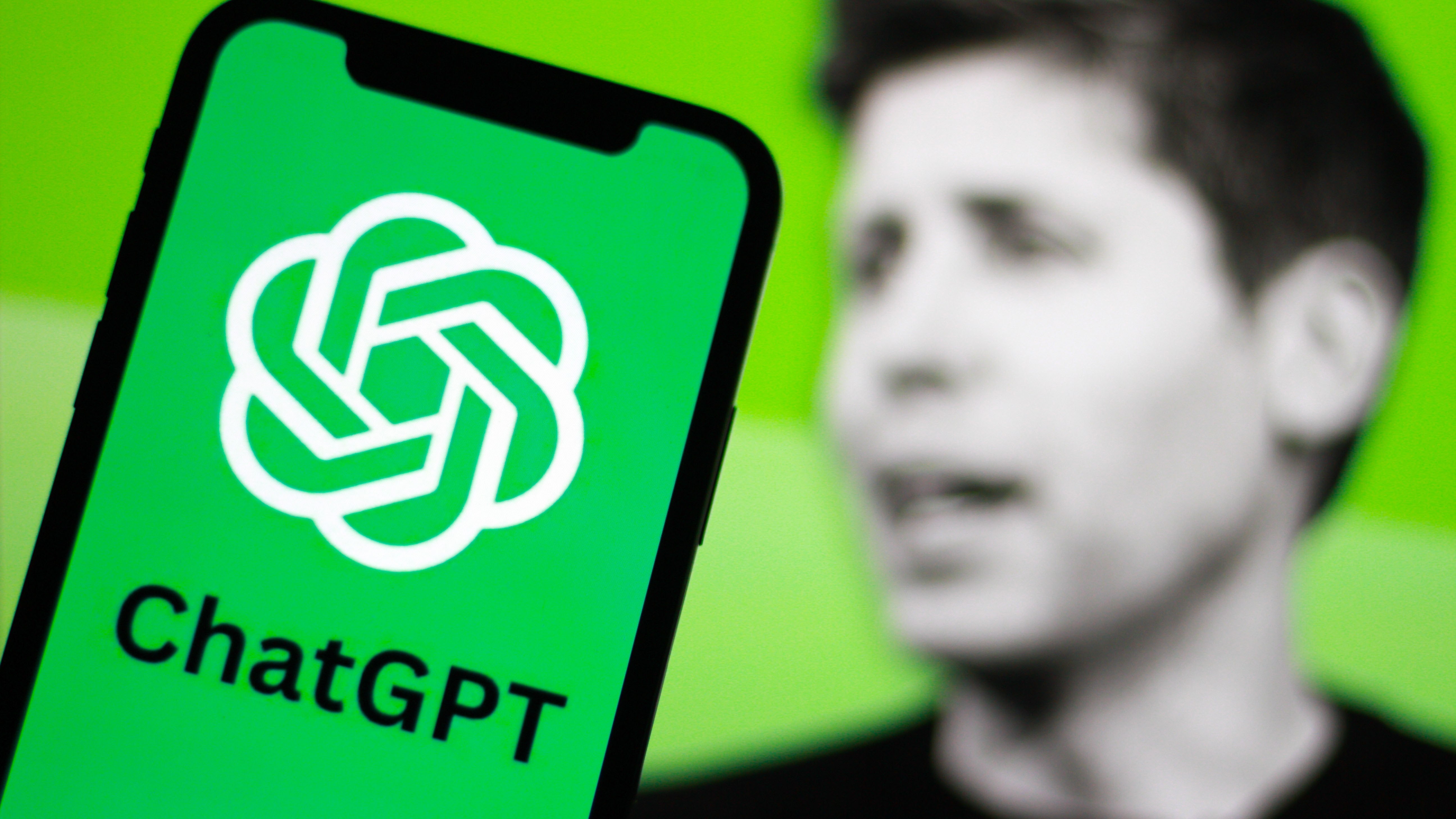OpenAI reveals how people use ChatGPT, and the results might surprise you
30% work, 70% play

- OpenAI has just revealed the largest ChatGPT usage survey in history
- According to the findings, 70% of ChatGPT users use it outside of work
- The survey was conducted by OpenAI’s Economic Research team and Harvard economist David Deming
Open AI just revealed the results of its largest-ever ChatGPT usage study to date, and the insights into how people interact with the AI chatbot are fascinating.
Revealing the study on its blog, OpenAI broke down the results into three key takeaways: Who's using ChatGPT, what they're using it for, and how usage of the AI is evolving over time.
The study was conducted by OpenAI’s Economic Research team and Harvard economist David Deming for the National Bureau of Economic Research (NBER).
While Future (TechRadar's parent company) has conducted its own research in the past that has given a great insight into the wider population's AI usage, getting information directly from the creators of the world's most popular AI tool gives an excellent insight.
Here are three things we learnt from the world's biggest study into ChatGPT and how people use it.
1. Usage gaps are closing
According to OpenAI, the gender gap of users taking full advantage of ChatGPT has closed dramatically over the years. Previous research in January 2024 showed of the users who had names that it was possible to classify as masculine or feminine, 37% had "typically feminine names."
As of July 2025, however, that figure stands at 52%. Now, I have my doubts as to how OpenAI can truly determine the gender of a user interacting with ChatGPT, but considering the massive influx with the same criteria, it's fair to say that there is far less of a gender gap related to AI than ever before.
Sign up for breaking news, reviews, opinion, top tech deals, and more.
Elsewhere, OpenAI reports that the adoption rate in the lowest-income countries is 4 times faster than that of the wealthiest.
2. How people use ChatGPT
According to OpenAI, the main reason people use ChatGPT is to get things done, and "three-quarters of conversations focus on practical guidance, seeking information, and writing."
OpenAI breaks down how people use ChatGPT into three categories: Asking, Doing, and Expressing. The study claims nearly half of all ChatGPT queries are "Asking" – where a user interacts with AI to get advice. 40% of usage is "Doing" such as "drafting text, planning, or programming," and 11% of usage is "Expressing", focused on "personal reflection, exploration, and play."
While this breakdown might not surprise you, I think it's interesting to see that writing is in fact the most common work task people use ChatGPT for. Honestly, that doesn't fill me with much hope, especially considering I spend hours and hours of my day writing without help from AI.
3. Mostly play, less work
This part of the study is the most intriguing, in my opinion. In fact, I'm actually pretty shocked at the results. OpenAI claims 70% of people use ChatGPT in a non-work related fashion, with the study stating "ChatGPT helps improve judgment and productivity."
Without this study, I'd have honestly believed most people use ChatGPT in a work-based environment, specifically for mundane tasks that don't require a lot of brain power. Instead, it looks users are interacting with ChatGPT after the office closes and in their spare time, highlighting just how much AI has managed to infiltrate our daily lives.
You can read the full paper with even more statistics on the NBER website. What result from this survey do you find the most interesting? Let us know in the comments below.
You might also like

John-Anthony Disotto is TechRadar's Senior Writer, AI, bringing you the latest news on, and comprehensive coverage of, tech's biggest buzzword. An expert on all things Apple, he was previously iMore's How To Editor, and has a monthly column in MacFormat. John-Anthony has used the Apple ecosystem for over a decade, and is an award-winning journalist with years of experience in editorial.
You must confirm your public display name before commenting
Please logout and then login again, you will then be prompted to enter your display name.